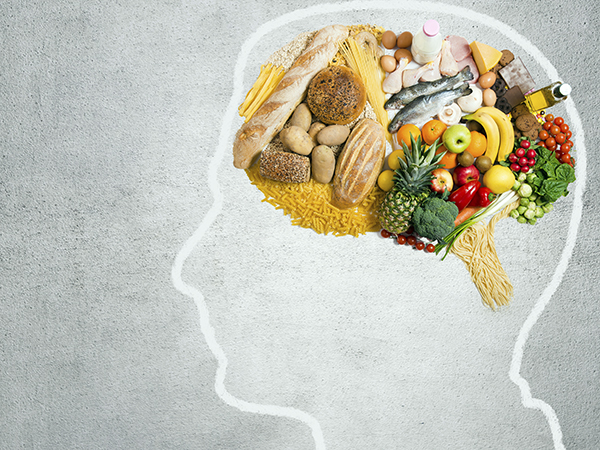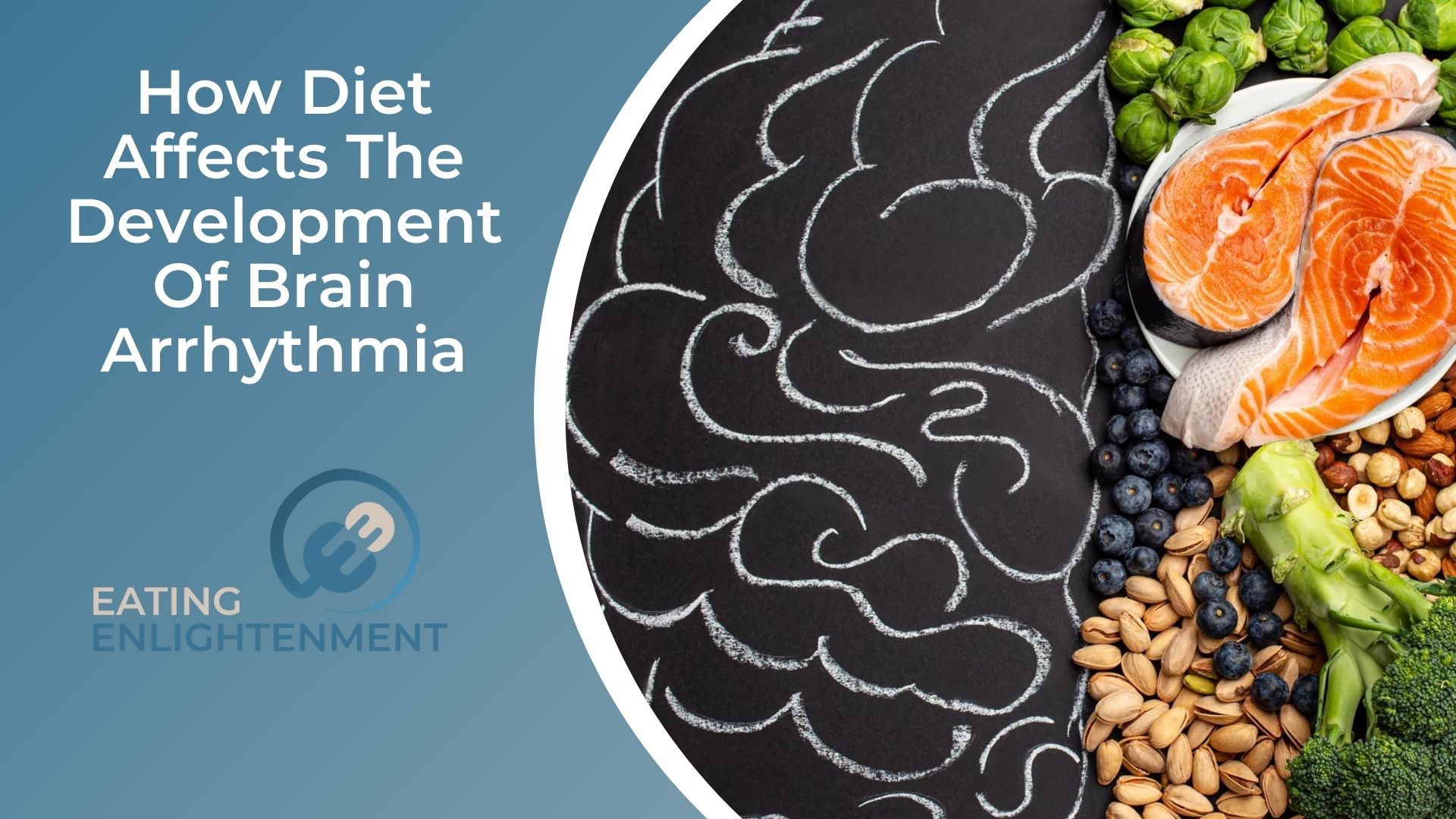Maintaining a healthy diet is essential for overall well-being, but did you know that what you eat can also impact the health of your brain? Brain arrhythmia, a condition characterized by abnormal electrical activity in the brain, can be influenced by various factors, including diet.
In this article, Dr. Kevin Murphy explains the connection between diet and the development of brain arrhythmia. He provides valuable insights into how healthy dietary choices can promote brain health.

Understanding Brain Arrhythmia
Before delving into the relationship between diet and brain arrhythmia, let’s briefly understand what this condition entails. Brain arrhythmia refers to irregular electrical activity in the brain, disrupting the normal communication between brain cells (neurons). This disruption can manifest as seizures, abnormal brain rhythms, or other neurological symptoms.
The Role Of Micronutrients
Micronutrients play a vital role in brain health and function. Deficiencies in certain vitamins and minerals can lead to an increased risk of brain arrhythmia. For instance, inadequate levels of magnesium and potassium, essential electrolytes, can disrupt the balance of electrical signals in the brain. Including foods rich in these nutrients, such as bananas, leafy greens, nuts, and seeds, can help maintain proper brain function and reduce the risk of brain arrhythmia.
Omega-3 Fatty Acids
Omega-3 fatty acids are crucial for brain health and have been linked to a reduced risk of neurological disorders. These healthy fats can help regulate neurotransmitter function and decrease inflammation in the brain, both of which contribute to healthy electrical activity. Including fatty fish (such as salmon and sardines), walnuts, chia seeds, and flaxseeds can provide a good dose of omega-3 fatty acids.
Sugar And Artificial Sweeteners
Consuming excessive amounts of sugar and artificial sweeteners can negatively affect brain health. High sugar intake can lead to inflammation, oxidative stress, and insulin resistance, disrupting normal brain function. Additionally, some artificial sweeteners have been associated with altered brain activity. Limiting the consumption of sugary foods and drinks and opting for natural sweeteners like stevia or honey in moderation is crucial.
Caffeine And Alcohol
While caffeine and alcohol are commonly consumed substances, excessive intake can have detrimental effects on brain health. Caffeine, found in coffee, tea, and energy drinks, can increase the risk of seizures and disrupt normal brain electrical activity. Similarly, excessive alcohol consumption can cause brain inflammation, disrupt neurotransmitter balance, and increase the likelihood of seizures. Moderation is vital for these substances, and it is crucial to be mindful of your consumption for optimal brain health.
The Mediterranean Diet
The Mediterranean diet, renowned for its numerous health benefits, also significantly reduces the risk of brain arrhythmia. This diet emphasizes fruits, vegetables, whole grains, legumes, lean proteins (such as fish and poultry), and healthy fats (such as olive oil). It is rich in antioxidants and anti-inflammatory compounds that promote brain health and protect against neurological disorders. Adhering to a Mediterranean-style eating pattern can contribute to a well-rounded and brain-healthy diet.
Conclusion
According to Dr. Kevin Murphy, the impact of diet on brain health and the development of brain arrhythmia cannot be understated. Making conscious dietary choices and adopting a well-balanced eating pattern can help reduce the risk of brain arrhythmia and promote overall brain health. Incorporating nutrient-rich foods, such as those containing magnesium, potassium, and omega-3 fatty acids, while limiting the consumption of sugar, artificial sweeteners, caffeine, and alcohol, can contribute to a healthy brain.
Additionally, embracing the Mediterranean diet, emphasizing whole foods and healthy fats, can support optimal brain function. Consulting with a healthcare professional is always recommended if you have concerns about brain arrhythmia or other health conditions. By prioritizing a brain-healthy diet, you can take proactive steps towards safeguarding your brain and promoting your overall well-being.



